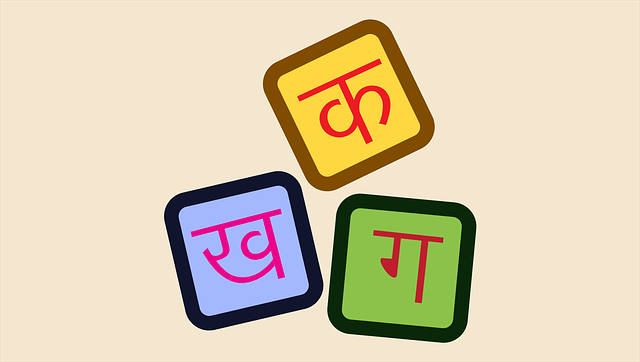HINDI: NATIONAL LANGUAGE?
Image by Harish Sharma from Pixabay
14th September is celebrated as the Hindi Day. The Indian constitution, in 1950, declared Hindi in Devanagari script as the official language of the union. But Hindi still stands as a second fiddle. It is often looked upon as an optional language in the government offices, especially in the Eastern and Southern states of the country. Instead, the foreign language English gets undue preference. Not to mention that even those areas where officials are adept in Hindi, they prefer to use English for all official conversations.




Comments
Post a Comment